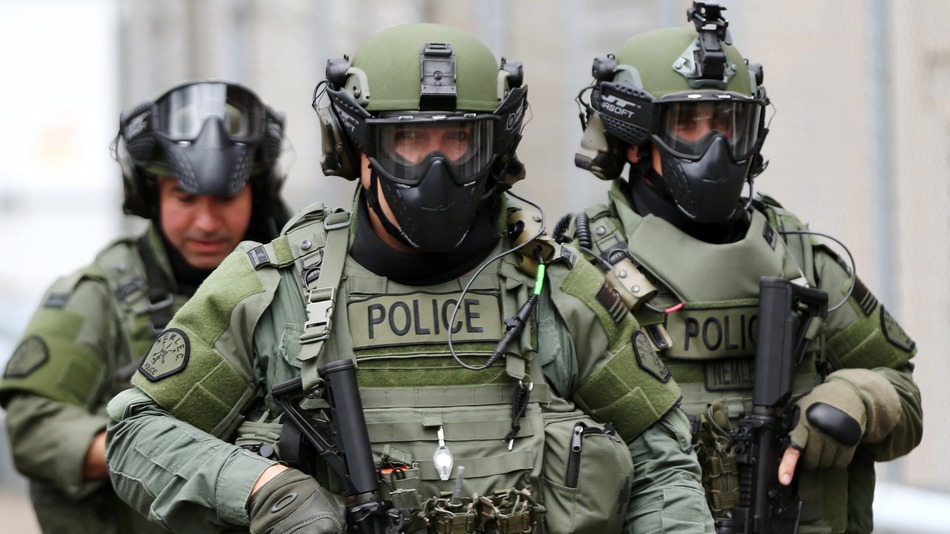“But remember that great caution is necessary with the Ecclesiastics. These gentlemen are generally either too free or too scrupulous; and those who are too free have seldom any morals.” The legislator then proceeds to the
p. 552
exclusion of the religious, and tells the Insinuator to avoid the Jesuits as he would the plague.
While perusing these laws, I suppose the reader makes nearly the same reflections which I am tempted every instant to commit to paper.—Should the following article ever meet the eye of a Prince, it will give him ample room for reflection.
“When the Prefect shall have gradually succeeded in placing the most zealous members of the Order in the councils and offices under the Prince, he will have arrived at the full extent of his commission. He will hve done much more than if he had initiated the Prince himself.” 3
“In general, Princes are not to be admitted into the Order, and even those who are received are seldom to be permitted to rise above the degree of Scotch Knight.”
After what has been seen of this degree and those that precede, it is rather extraordinary that Weishaupt should deign to grant admission to Princes; for he did not wait for this degree before he clearly insinuated his plans. Princes, at least, who had not surmised them before their admission to that degree must have been void of penetration indeed. What hopes then could the Legislator entertain of their not perceiving his plots against all legitimate authority? His confidential letters will explain the enigma:—”Brethren,” he writes to his Areopagites, “you will take care to have the following corrections made before you show the constitutions of our degrees to the Elector.—In the degree of Minor Illuminee in place of the words imbecile Monks say imbecile men—In the degree of Major Illuminee blot out the words Priests and Princes are in our way.—With respect to the degree of Priest show no part of it excepting the discourse on sciences, and read that over carefully lest any allusion or reference to any other part of the degree should remain.” 4 These corrections begin to clear the enigma; a more insidious expedient will veil his plots in complete darkness. “I mean, says Weishaupt when speaking to the Areopagites of the inferior degrees, to revise the whole system.” Then, attributing to the Jesuits his own immorality, he says, “I mean that it should be a complete Jesuitical piece; not a single word shall be found in it that can in any way be cavilled at by religious or political governments. Let us act with caution; do nothing without a reason; things must be prepared and brought on step by step.” 5 The adept who has given us the most complete and candid account of the degrees of Illuminism assures us, that he had seen a discourse for the degree of Epopt in which every thing respecting religion and government was omitted. 6
Here then we find Weishaupt not only correcting but even forming fictitious degrees to dupe the princely adept, and to persuade him that the dark and mysterious recesses of the hireling crew have been laid open to him, while the real adept smiles at his credulity. Such artifice certainly aggravates Weishaupt’s criminality. But will that excuse the princely adept? Notwithstanding the veil artfully thrown over the impious and seditious principles of the sect, did he not begin by swearing obedience and protection to the Order? His court soon swarms with Illuminees; he thinks he reigns over them, but is no
p. 553
more than their stately captive. And should he fall their victim, will it not be said that he met with his just fate? What strange madness can induce Princes to inscribe their names on the registers of secret societies! Have they not duties to fulfill toward the public? On what right can their oaths of submission and protection be grounded, sworn in the recesses of secret Lodges, to men who hide themselves from public view, when their labours, cares, and protecting power, are to extend over the whole state and to all its citizens? On the throne, or with pretensions to it, do they not degradingly swear obedience and protection to Masters of Lodges! By what right, will they promulgate laws emanating from Lodges? When their subjects swore allegiance and fidelity to them, did those subjects expect to be governed by a slave, or be subjected to laws proclaimed indeed by their Prince, but dictated by some Master Illuminee or Rosicrucian? And ye, magistrates of the people, who are to sit in judgment over the mutual and disputed claims of the citizens in general, what confidence can be placed in you after you have sworn obedience and protection to this illuminizing Sect, even in actions just or unjust? Such reflections will rise refulgent from the page of history; and would to God that the Revolution had not already indelibly engraved them!

Moe is the founder of GnosticWarrior.com. He is a father, husband, author, martial arts black belt, and an expert in Gnosticism, the occult, and esotericism.


